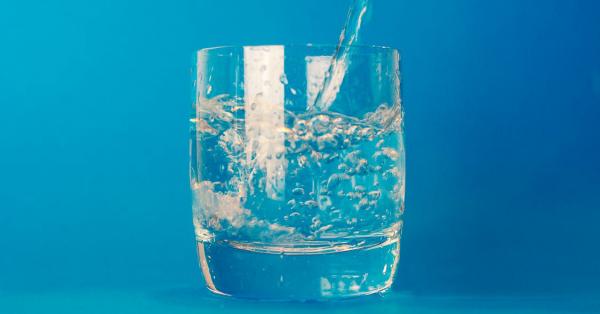Revised EU Drinking Water Directive Enters into Force
21 Jan 2023 by The Water Diplomat

The revised requirements for the quality of and access to drinking water across the European Union entered into force on the 12th of January. The EU Drinking Water Directive provides an update on the EU’s Water Framework Directive (WFD) from 2000 which set the minimum requirements for freshwater quality and quantity across the EU. The changes in the legislation are a response to the first ever citizen’s initiative submitted in 2013, which gathered more than 1.6 million signatures in support of a review of EU legislation on the context of the recognition of the human right to water. The Commission launched a public consultation and came to the conclusion that the WFD needed to be reviewed in four key areas.
Firstly, the list of substances to be monitored needed to be updated to include additional pathogens and chemical substances in the water. The WHO recommended adding enteric pathogens and legionella as well as six new chemical parameters to the list of controlled pollutants. In addition, a ‘watch list’ mechanism was introduced to respond to concerns about the effects of emerging compounds such as endocrine disruptors, pharmaceuticals and microplastics.
A second area for review was to extend the risk analysis beyond monitoring to include a risk reduction approach to the management of the whole water value chain from the catchment area through to abstraction, treatment, storage and distribution to the point of compliance. This approach is preventative in nature both from the point of view of quantity (abstractions) and quality (reducing pollution risks).
Thirdly, improvements in communication and public provision of information on water have been introduced in the updated directive. This includes providing consumers with up to date and easily accessible information on their water consumption patterns, as well as the results of water quality monitoring, all of which is intended to increase consumer confidence in the water supplied to them.
Fourth, there was a need for harmonisation of the rules with regard to the products that come into contact with water – such as pipes, treatment chemicals and filter media. The European Chemicals Agency is now entrusted with the evaluation of substances and compositions for materials that come into contact with water intended for human consumption.
The proposal to renew the EU Water Directive was accepted by legislators in 2020 and entered into force in January 2021. However, the requirement was that EU member states should transpose the requirements into national law such that countries comply with its provisions by January 2023.
